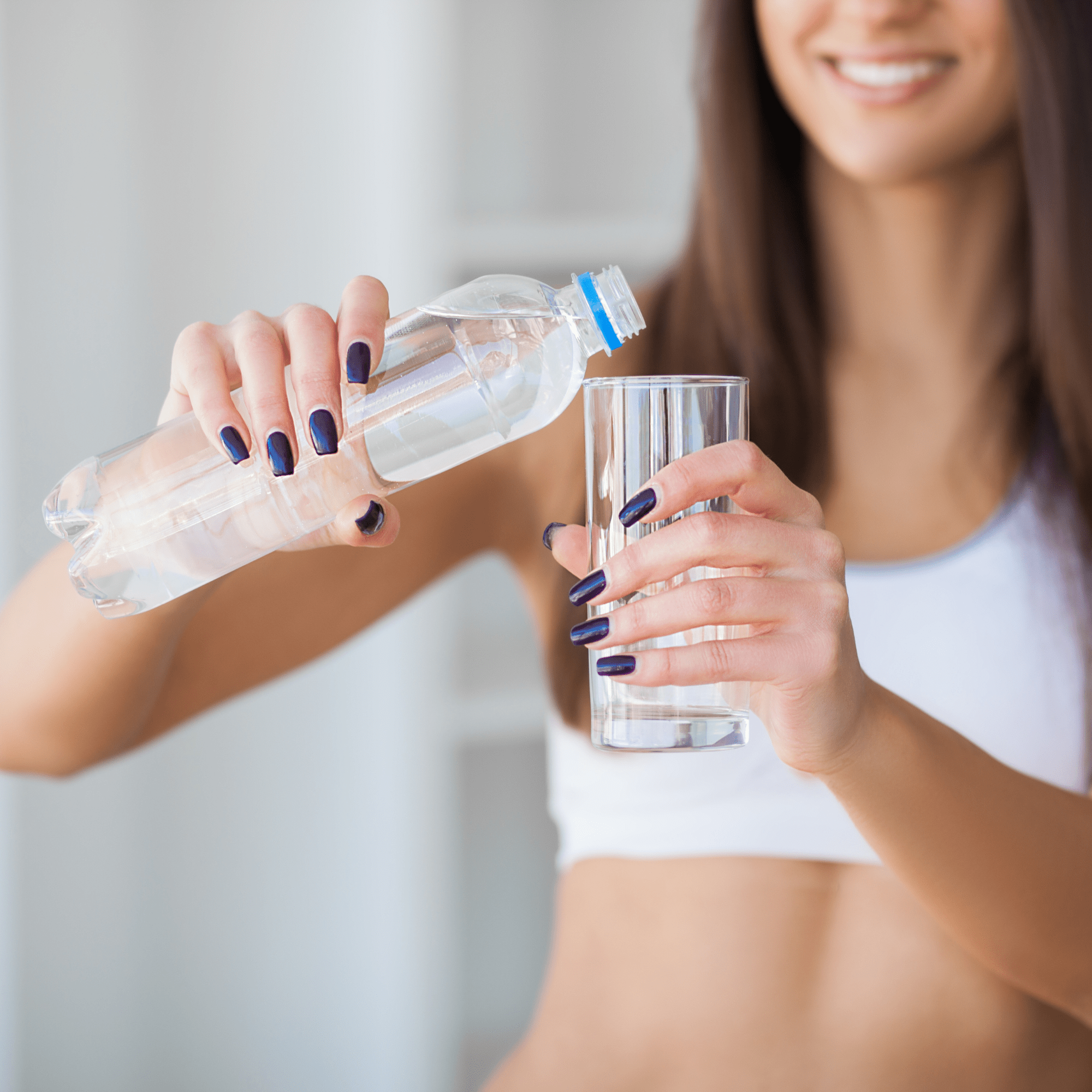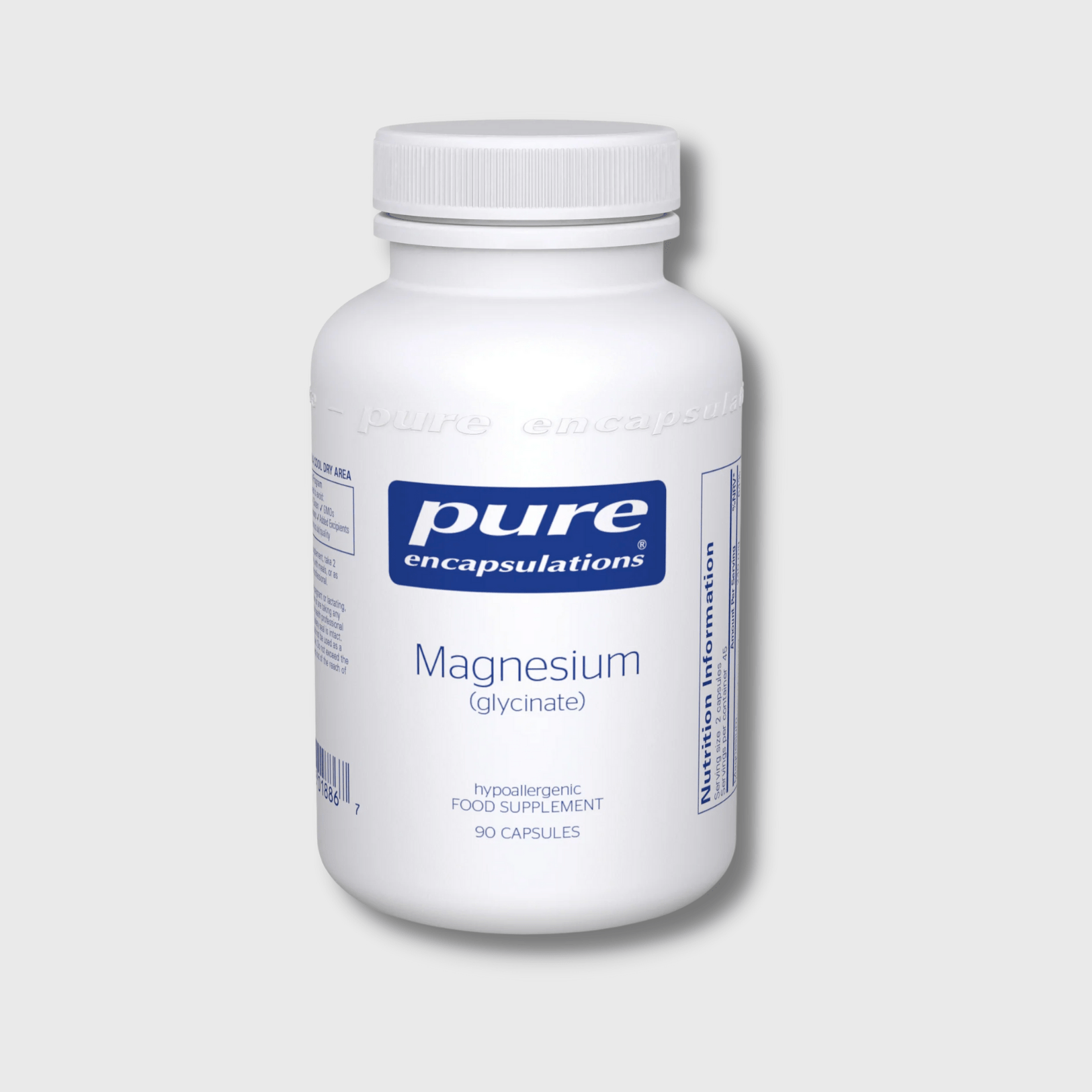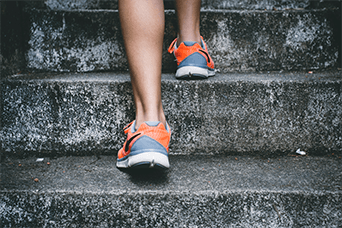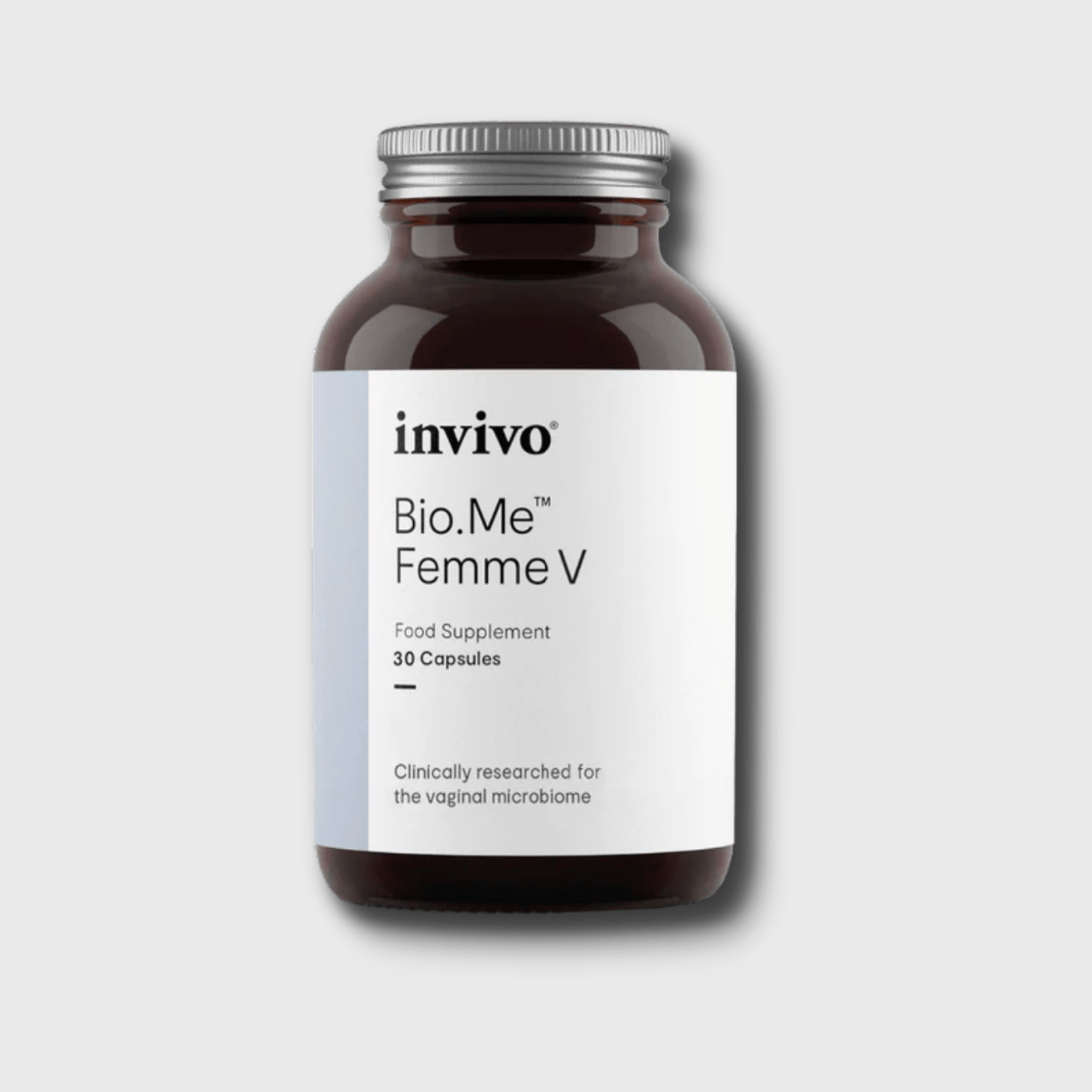
The Power of Hydration: More than just drinking water
Hydration is one of the most overlooked aspects of health, yet it’s fundamental to almost every function in the body. Most people underestimate the power of proper hydration. You might think you’re drinking enough, but chances are, you’re walking around mildly dehydrated without even realising it. Given that our bodies comprise around 60% water and every system, from digestion and metabolism to brain function and detoxification, it’s no surprise that hydration affects nearly every aspect of our health. Despite this, many people walk around in a state of chronic dehydration without realising it.
We often associate hydration with simply drinking water, but there’s much more to it than that. Electrolyte balance, food intake, environmental factors, and even lifestyle habits all play a role in how well our bodies stay hydrated. Caffeine, alcohol and some diets can impact hydration, as can stress and physical activity. Even something as simple as breathing contributes to fluid loss. Yes, you are literally exhaling water vapers with every breath you take.
Dehydration isn’t just about feeling thirsty. By the time you actually feel thirsty, your body is already partially dehydrated. When you’re dehydrated, your body prioritises water distribution to essential organs like the heart and brain, often at the expense of other areas like skin, digestion, and muscles.
Here are some subtle (and not-so-subtle) signs and symptoms include:
- Poor cognitive function – Dehydration can impair short-term memory, concentration, and problem-solving skills. This is why that afternoon energy slump might not be due to a lack of food but rather a lack of water!
- Reduced energy levels – Blood volume decreases, making it harder for the heart to pump oxygen and nutrients around the body efficiently. This is why that afternoon energy slump might not be due to a lack of food but rather a lack of water!
- Joint pain – Synovial fluid, which lubricates joints, is largely water-based. A lack of hydration can contribute to stiffness and discomfort.
- Weakened immunity – The lymphatic system, which helps flush out toxins and fight infections, depends on adequate hydration.
- Slower metabolism – Dehydration can reduce the efficiency of metabolic processes, making it harder to burn fat and maintain energy levels.
- Headaches and dizziness – A lack of fluid affects blood circulation and can cause tension headaches. If you often get headaches, especially in the afternoon, try drinking a glass of water before reaching for painkillers.
- Dry skin and lips – Your skin is the largest organ in your body and needs water to stay plump and hydrated. Chronic dehydration can contribute to premature ageing, fine lines, and dull skin.
- Constipation and bloating – Water is essential for digestive function and regular bowel movements. Without enough hydration, your gut slows down, leading to sluggish digestion and bloating.
- Dark urine – Urine should be light in colour; darker urine suggests you need more fluids. Ideally, aim for a pale straw colour.
- Cravings for sugar or salt – Your body may misinterpret dehydration as hunger, leading to cravings. Often, when you think you need a snack, a glass of water will do the trick.
Other overlooked symptoms of dehydration:
- Bad breath - a dry mouth creates the perfect environment for bacteria to thrive!
- Increased heart rate - your heart has to work harder when blood volume is low.
- Muscle cramps - low fluid levels mean less efficient muscle contractions
- Mood swings and irritability - yes, dehydration can literally make you cranky!
Top Tip: If you experience any of these symptoms, try drinking a glass of water and waiting 20 minutes before assuming it’s hunger, stress, or fatigue. You’d be amazed how many problems can be solved with better hydration!
Beyond Water: The Role of Electrolytes
Water is essential, but hydration isn’t just about drinking more of it—it’s also about maintaining the right balance of electrolytes. These minerals, sodium, potassium, magnesium, calcium, chloride, and phosphate, all help regulate everything from muscle contractions and nerve function to blood pressure and hydration at a cellular level. If these minerals are out of whack, you’ll struggle to stay properly hydrated no matter how much water you drink.
Electrolytes are lost through sweating, urination, and stress, as well as dietary changes and imbalances can lead to:
- Muscle cramps and weakness
- Dizziness and headaches
- Low energy and poor endurance
Best Sources of Electrolytes
- Potassium: Found in avocados, bananas, spinach, and sweet potatoes
- Magnesium: Present in nuts, seeds, dark chocolate, and leafy greens
- Sodium: Best from Himalayan salt or Celtic sea salt (avoid processed table salt)
- Calcium: Found in dairy, leafy greens, almonds, and sardines
If you sweat a lot (from exercise or heat), consider adding a pinch of good quality sea salt to your water or drinking homemade electrolyte-rich drinks with lemon, salt, and coconut water.
Hydration and Metabolism: Can Water Help You Lose Weight?
Water plays a key role in lipolysis, the body's process of breaking down fat for energy. However, drinking excessive amounts of water alone won’t miraculously cause weight loss. Instead, proper hydration ensures your metabolism functions optimally, supporting various processes contributing to maintaining a healthy weight.
One of the primary ways water helps is through digestion and detoxification. Your liver and kidneys rely on adequate hydration to efficiently process waste and filter toxins. Without enough water, these organs struggle to perform, potentially leading to toxin buildup and sluggish digestion. Ensuring you are well-hydrated supports the breakdown of food and absorption of nutrients, preventing bloating and discomfort often mistaken for weight gain.
Hydration also plays a crucial role in appetite regulation. It’s common to misinterpret dehydration as hunger, leading to unnecessary snacking and overeating. Drinking water before meals can help you feel fuller, reducing the likelihood of overindulging. Research has shown that people who drink water before meals tend to consume fewer calories overall, which can support weight management in the long run.
Additionally, drinking water can contribute to a modest increase in calorie burn. Studies suggest that consuming cold water may temporarily boost metabolism as the body works to warm the water to body temperature. This effect, while small, can accumulate over time and slightly enhance energy expenditure (Boschmann et al., 2003). While this isn’t a dramatic fat-burning solution, it underscores the importance of hydration in maintaining a well-functioning metabolism.
Another indirect way water supports weight loss is through improved physical performance. Dehydration leads to fatigue and reduced exercise efficiency, making it harder to engage in regular workouts. Proper hydration ensures better endurance, energy levels, and muscle function, all contributing to a more active lifestyle and healthier body composition.
Top Tip: Start your day with a glass of lemon-infused water. Not only does this help rehydrate your body after hours of sleep, but the addition of lemon can support digestion and provide a refreshing start to your morning. Making hydration a consistent habit throughout the day will help keep your metabolism running smoothly and support your overall health goals.
When and How to Drink Water for Optimal Hydration
Not all drinking habits are created equal, and how you drink water throughout the day can significantly affect how well your body absorbs and utilises it. One of the most important tips is to avoid drinking large amounts of water during meals. While it may seem logical to sip while eating, too much water can dilute stomach acid, making digestion less efficient. Instead, it’s best to drink water about 30 minutes before or after meals to support digestion without interfering with the body's natural breakdown of food.
Another key approach is to drink steadily throughout the day rather than gulping down large amounts at once. Sipping water consistently helps maintain optimal hydration levels and prevents your body from flushing out essential electrolytes too quickly. A sudden intake of a large volume of water can also lead to discomfort, bloating, or an increased need for bathroom trips without actually improving your hydration levels.
Practical daily habits can make a big difference in staying consistently hydrated. Setting reminders on your phone or smartwatch can help you establish a routine, ensuring you drink enough water throughout the day. Keeping a reusable water bottle within easy reach encourages frequent sips, making hydration effortless rather than something you have to think about. If plain water seems too dull, infusing it with natural flavours like lemon, cucumber, mint, or berries can add a refreshing twist while also providing additional nutrients. Additionally, you can support hydration through your diet by eating water-rich foods such as cucumber, watermelon, celery, and oranges, which naturally contain fluids and electrolytes that support overall hydration.
The Truth About Popular Hydration Myths
- Myth: You must drink eight glasses of water a day. Fact: Fluid needs vary depending on your unique body needs, activity levels, and more. Remember that you can also get good hydration from food, herbal teas, and broths.
- Myth: More water equals better hydration. Fact: Drinking excessive water can dilute electrolytes, leading to issues like hyponatremia (low sodium levels).
- Myth: Coffee and tea dehydrate you. Fact: While caffeine has a mild diuretic effect, moderate coffee and tea consumption still contributes to your daily fluid intake.
Hydration and Performance: Why Athletes (and Everyone Else) Need to Drink Up
Staying hydrated helps maintain energy, endurance, and recovery. Even mild dehydration can lead to muscle fatigue, reduced strength, and slower reaction times (Sawka et al., 2007).
Tips for Hydration and Exercise:
- Drink 500ml of water 1–2 hours before a workout.
- Sip water during exercise, especially in hot conditions.
- Replenish electrolytes after intense workouts with coconut water or homemade electrolyte drinks.
Hydration and Gut Health: Why Water Matters for Digestion
Water plays a major role in keeping your digestive system running smoothly. Without enough fluids, the body pulls water from the colon, leading to hard stools and constipation. Staying hydrated helps:
- Support gut motility and prevent bloating
- Maintain mucus production in the stomach lining, protecting against acid reflux
- Flush out toxins, reducing the burden on the liver and kidneys
If you often feel bloated or sluggish, check your water intake before reaching for supplements.
Final Thoughts: Make Hydration a Daily Habit
Hydration isn’t just about drinking water—it’s about nourishing your body with the right balance of fluids and electrolytes to support metabolism, digestion, energy levels, and overall health. By being intentional with hydration habits, you can feel more energised, focused, and healthier every day. Here’s how to optimise your water intake:
- Avoid drinking large amounts during meals – Too much water can dilute stomach acid, making digestion less efficient.
- Sip steadily throughout the day – Chugging large amounts at once won’t hydrate you properly.
- Infuse your water – Add lemon, cucumber, mint, or berries for flavour and extra nutrients.
- Eat water-rich foods – Such as cucumbers, watermelon, strawberries, citrus fruits, lettuce, celery, and tomatoes, to help boost hydration naturally.
References
- Boschmann, M., et al. (2003). "Water-Induced Thermogenesis." Journal of Clinical Endocrinology & Metabolism. https://pubmed.ncbi.nlm.nih.gov/14671205/
- Sawka, M. N., et al. (2007). "Physiological Responses to Dehydration and Rehydration." Journal of Applied Physiology. https://journals.physiology.org/doi/full/10.1152/japplphysiol.00076.2007
 By Sarah Flower, Nutritionist.
By Sarah Flower, Nutritionist.
Ready to take your weight loss to the next level? In Week 15 of our Statera 20-Week Weight Loss Programme, exercise plays a crucial role in weight loss, boosting metabolism and supporting sustainable fat reduction.
Share






